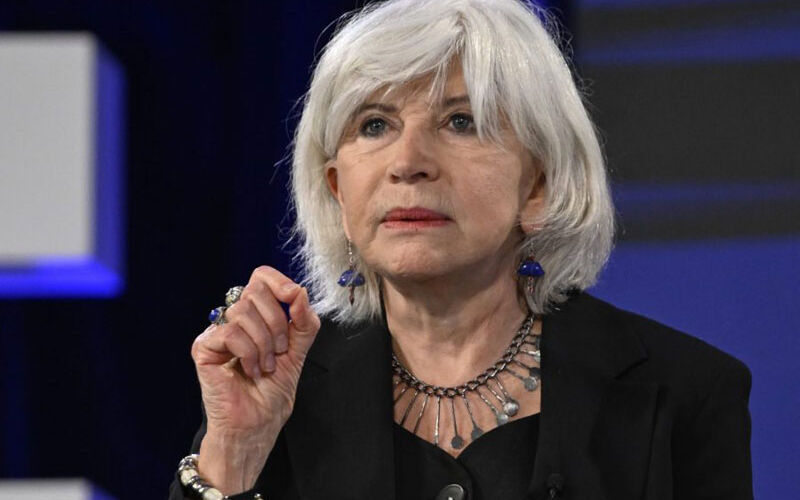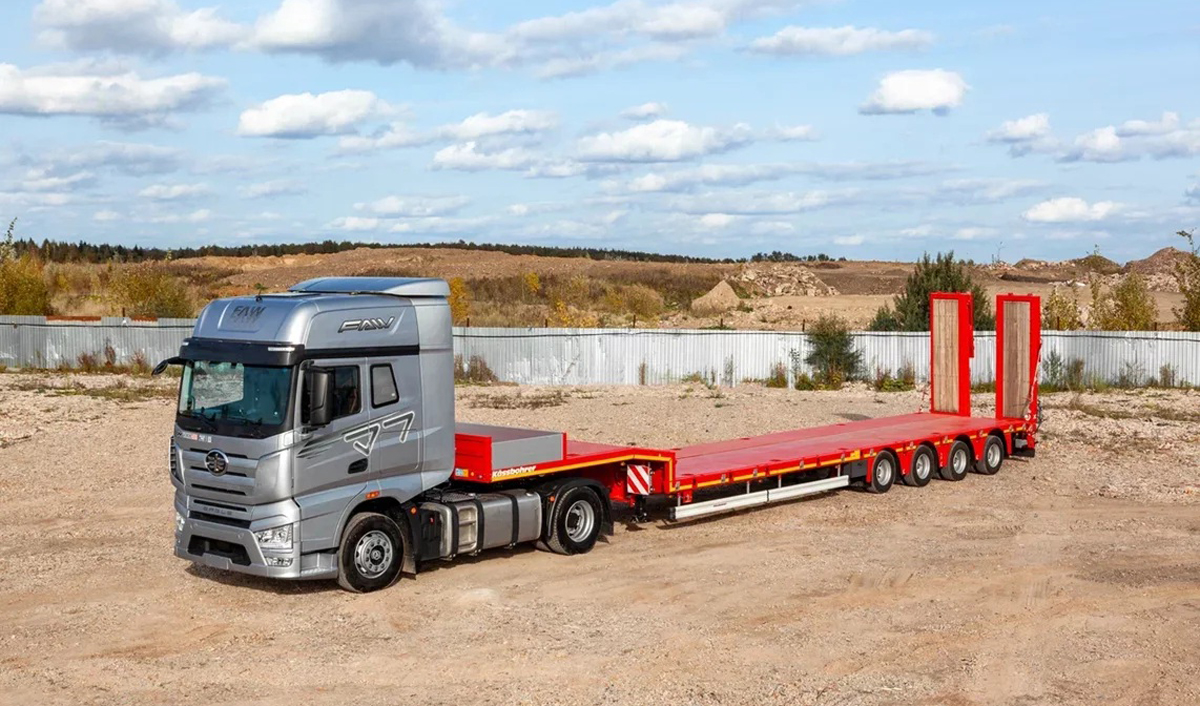
Laurence Tubiana
Such an advantage is not just a luxury reserved for quiet times or a distraction from the challenges of security and economic sustainability. The fact is that energy is a central security concern for Europe. In 2022, it became clear that dependence on Russian gas was a critical vulnerability that triggered an economic and political shock whose repercussions are still reverberating today. Higher energy prices have narrowed the fiscal capacity of many EU countries, including their ability to increase defense investment.
In three years, Europe has been able to significantly reduce its dependence on Russian gas. But while liquefied natural gas (LNG) supplied by other countries has brought short-term relief, it does not provide long-term energy security. This winter, the cold weather has caused gas prices to rise again, emphasizing Europe’s continued vulnerability. Investments in expanding LNG infrastructure will not solve the problem. The LNG market is constantly affected by sudden cold spells, supply disruptions and increased demand in other regions, so it is inevitably volatile.
There is only one path to true energy security: a transition to a clean, domestic energy system that relies on renewable energy, batteries and related technologies. Such a system would stabilize prices for households and businesses while insulating Europe from external pressures.
On this front, Europe has already made progress. In 2024, renewables will generate 47% of all electricity in the EU, surpassing fossil fuels, whose share has fallen to 29% (the lowest ever). But this trend must be maintained. No energy-intensive industry, including AI technologies, can expect investment and large-scale growth in Europe if it remains dependent on volatile fossil fuels.
The European Commission is right to focus on strengthening the clean industrial base in Europe, that is, developing and producing materials and technologies useful for both economic competitiveness and decarbonization at the same time. The EU’s work on theClean Industry Agendaoffers a chance to position Europe as a global leader, not just a participant in the economy of the future.
However, under budgetary constraints, any new funds must be used wisely. The focus should be on new clean technologies, such as batteries. This market is projected to grow by 30% annually through 2030. Although China now has an advantage with its vertically integrated battery production chains and advanced knowledge, Europe still has a chance to become a competitor and gain a foothold. Moreover, Poland has already become the world’s second largest producer of lithium-ion batteries.
Europe’s strategy must be in line with our values. This will require close cooperation among EU countries. State aid and industrial policy at the national level alone are deepening regional divisions. Last year, the Letta report on the single market suggested that EU countries should start contributing some fixed portion of their state aid allocations to a common fund. Contributions of 5-15% could generate between €8.5 billion and €51 billion annually, some of which could be spent on green industrialization.
Reducing Europe’s climate ambitions in the name of competitiveness would be a serious mistake. The continent’s companies are trying to gain a share of the global clean tech market, which is projected to exceed $2 trillion by 2035. The EU’s Green Deal remains central to this vision, as it gives companies the confidence to grow the market for their products.
A crucial part of the EU strategy is the regulation of sustainable finance. As Draghi emphasized in last year’s EU competitiveness report, Europe’s problem is not a shortage of capital, but an inefficient allocation of its abundant savings. Investors need quality, reliable, comparable information disclosed by companies, including information on climate risks. Sustainable finance regulation may not be fashionable, but it is necessary to provide this information. A group of investors managing some €6.6 trillion in assets recently warned that any significant departure from the current path threatens to deny European companies access to finance. Thousands of businesses that are focused on and invested in the low-carbon economy would be weakened.
Strengthening European strategic autonomy requires interdependence, not isolation. While the EU’s Critical Raw Materials Act correctly aims to increase the extraction, processing and recycling of materials needed for the green transition within Europe, it will remain dependent on imports. Instead of chasing the illusion of complete self-sufficiency, the EU should focus on deepening cooperation with reliable international partners.
Despite the events in the US, many countries still believe in the need to work together to solve common problems. According to Olivier Blanchard and Jean Pisani-Ferry, the EU, the embodiment of multilateralism, is well positioned to organize an effective collective fight against climate change and strengthen energy security with like-minded partners.
By ambitiously committing to a 90% reduction in emissions by 2040, the EU can lead by example and forge new climate agreements with third countries including Japan, Brazil, China and (possibly) India. China, in particular, is very interested in developing a green economy, also because it needs export markets for its huge clean technology sector.
Laurence TUBIANA
formerly French ambassador to the UN Framework Convention on Climate Change,
now Director General of the European Climate Foundation (ECF),
Professor at the Ecole Normale Supérieure (ENS).
© Project Syndicate, 2025.
www.project-syndicate.org













